Is Google the new Microsoft and Microsoft the new IBM?
Tech transitions
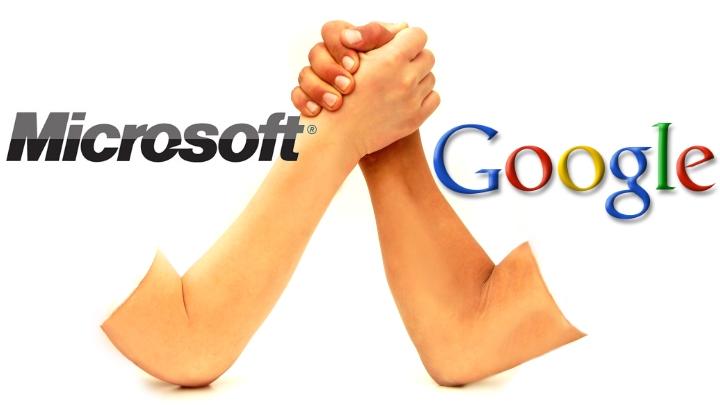
The past few years have been witness to a power transplant in the technological world. In the late 2000s, Microsoft was the dominant software company with almost every PC using its Windows software and every business and household using the Office productivity suite. Google was just something people used to search the internet. Gmail was still entering beta. Chrome was still entering beta. Google Docs was unheard of. Android was just another of so many start-ups acquired by Google.
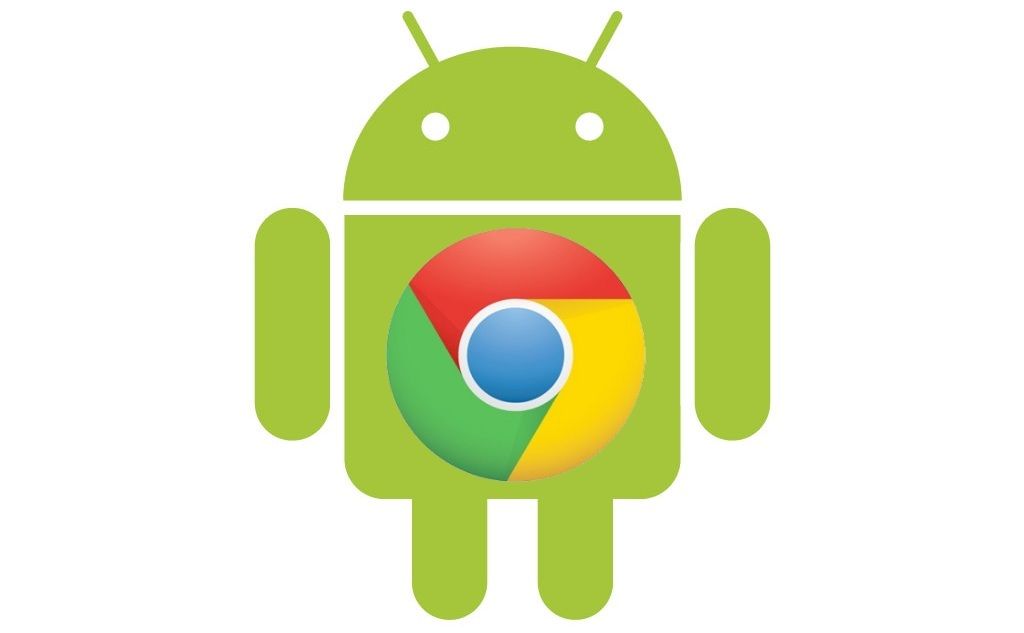
But then something happened.
Mobile happened.
Android took off like a rocket. Gmail overtook Hotmail. People are more comfortable with using Google Drive for casual tasks rather than Microsoft Office. And of course, Windows Phone bombed (though it is showing some progress of late).
Microsoft Now, IBM Then
Compare this to the 80s. IBM was the dominant mainframe manufacturer. It had supreme control over the entire market, so much that many companies called it "Big Brother". It could do nothing wrong. Microsoft was just another company making software for IBM and Apple.
But then something happened.
The personal computer revolution happened.
More and more people wanted to buy PCs. And Microsoft unified the entire market by making an operating system which would run on computers made by any manufacturer. And manufacturers took it like fish to water because this gave them a chance to compete with IBM whose half-hearted attempt at OS/2 was miserable. IBM eventually sold off its PC division to Chinese manufacturer, Lenovo.
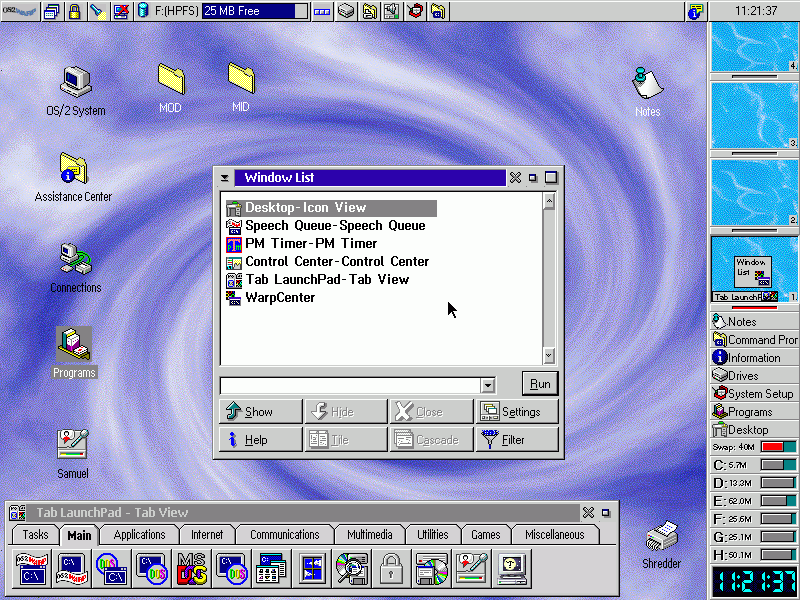
Sounds similar? Of course, it does.
IBM refused to acknowledge the personal computer revolution because this hit at the heart of its core business. It shunned the inevitable that if you don't cannibalize your own business when the market is changing, someone else will. Ultimately, as more and more consumers used personal computers, the enterprise started to use them as well and IBM had to rework its strategy to remain profitable.
They say, "History repeats itself". And history has indeed come back to haunt Microsoft.
Microsoft missed mobile, for similar reasons IBM missed PCs. Windows and Office were not something which worked well on mobile, and they weren't prepared to accept this. Windows Mobile was a half-hearted attempt. Windows Phone 7 was a half-hearted attempt. It even had Office, but consumers didn't care. Windows Phone was given the cold shoulder as Android captured the market and consumer's imagination. To their credit, Windows Phone 8 is a much better attempt, but it is likely far too late, and the momentum has been lost. And neither is this being helped with sales of mobiles and tablets touching all-time highs.
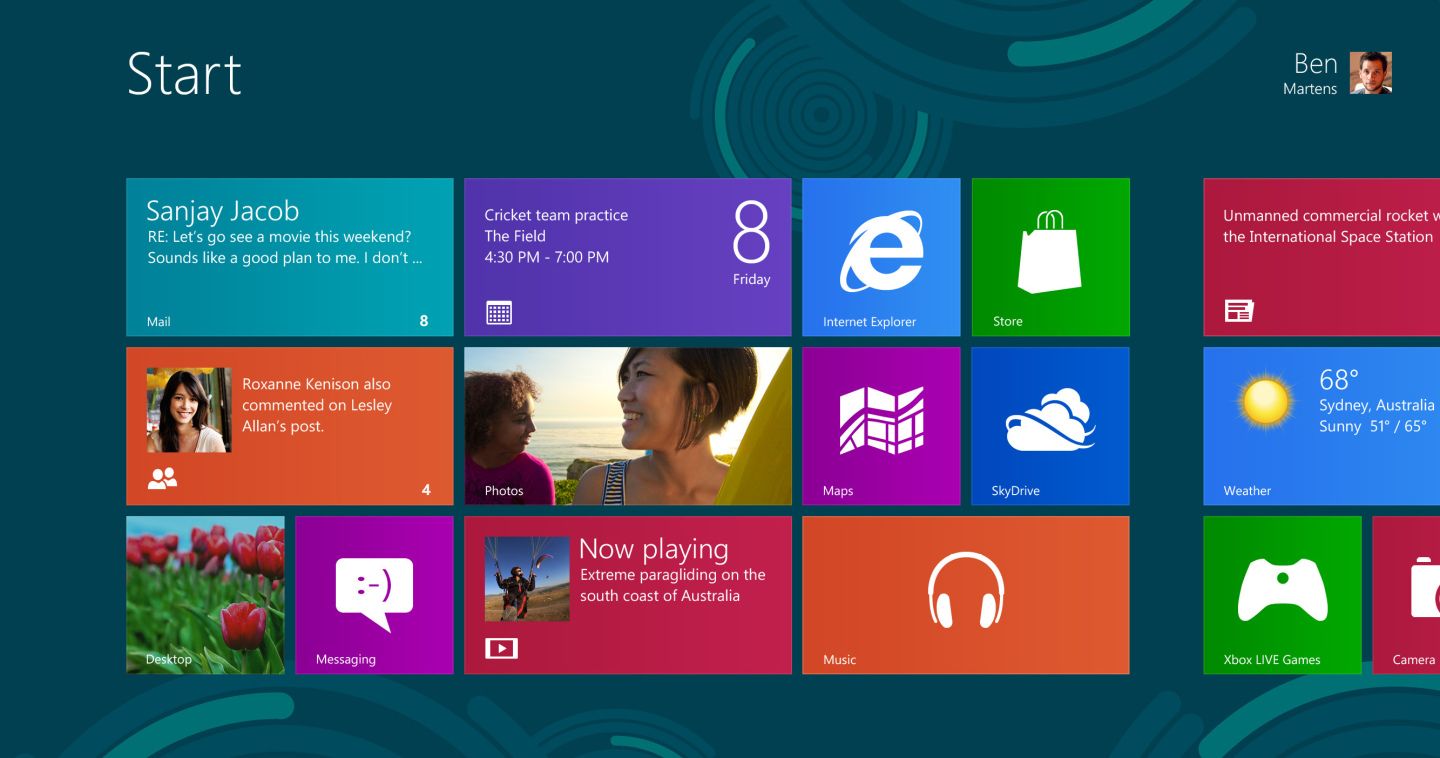
Market Leader turned Market Challenger
And this is being reflected in everything from marketing strategies to consumer perception. Market leaders distance themselves from the competition. Market followers and challengers try to differentiate themselves from the leader and always try to take a dig at them.
Once Microsoft surpassed IBM, Windows was always about how unique and easy to use it is. In contrast, IBM's OS/2 was about how well it could run Windows programs.
Let's look at it in today's scenario. Google always hammers home that it makes the best products. While Microsoft keeps telling you not to get Scroogled. See the pattern?
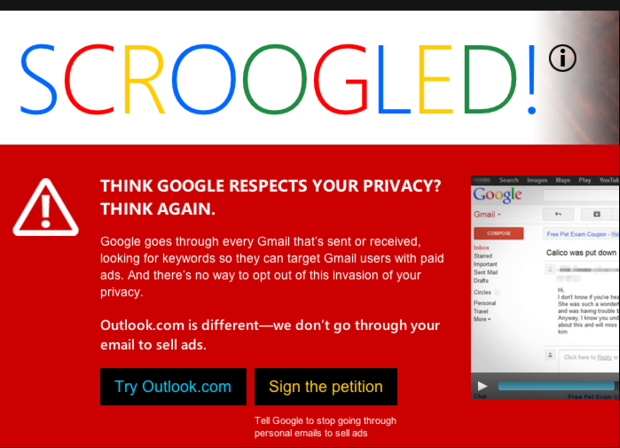
And when you are the market leader, you bully the competition. Microsoft bullied the competition in order to make them follow its own rules. And Google is doing the same thing today too. It bullied Acer when it wanted to make a version of Android significantly different from what it wanted. And as Android has advanced from Cupcake to Kit Kat, it has closed down more and more and forced its own policies. This article on Ars Technica explains it beautifully. Of course, manufacturers don't move away because of Android's rich ecosystem. This is exactly what happened in the desktop computing scene when Microsoft bullied its partners and they had to use Windows because no other operating system had such a diverse range of applications.
With Chromebooks now aiming to supplant Windows PCs, the transformation is nearing completion. Of course, Chromebooks are woefully inadequate today. But, as we use more and more Google services and buy more and more Androids, in the future, buying a Chromebook to complement your Android would make immense sense.
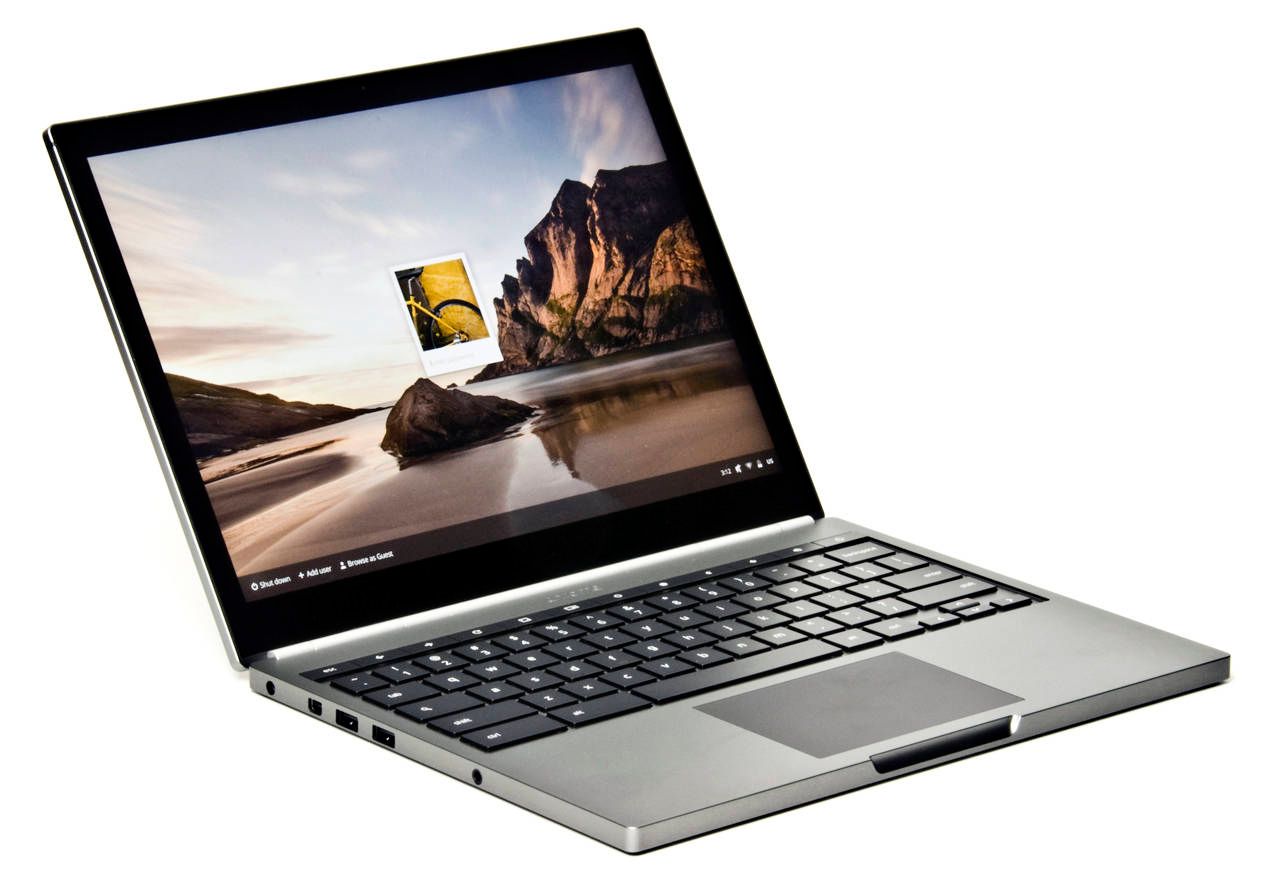
Google has arrived.
The transformation is complete.
The Last Straw
And time is running out for Microsoft and the competition. However, there is one thing Microsoft has and IBM didn't. Patience and the willingness to accept mistakes. And Steve Ballmer's resignation has showed that. And they still have one trick up their sleeve in the form of Xbox. Only the living room can help Microsoft thwart Google.
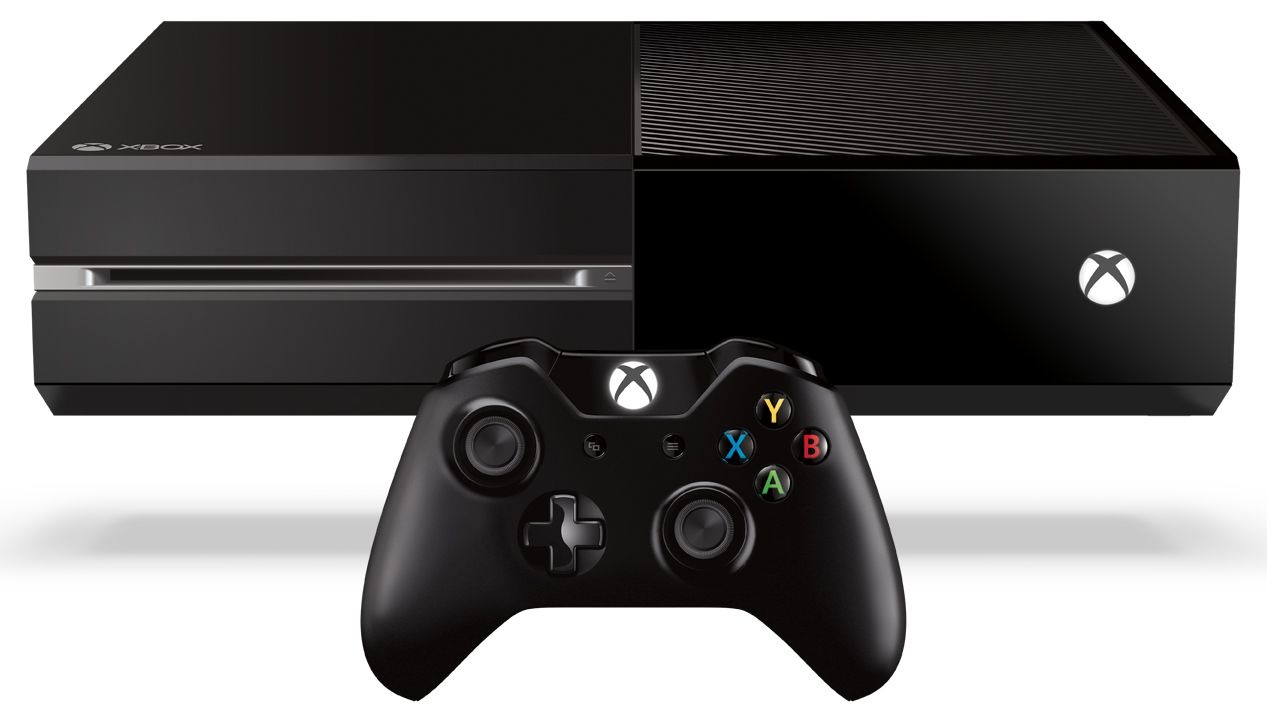
But then, Google has Chromecast. Turn the above paragraph around. And only the living room can complete the power transplant from Microsoft to Google.
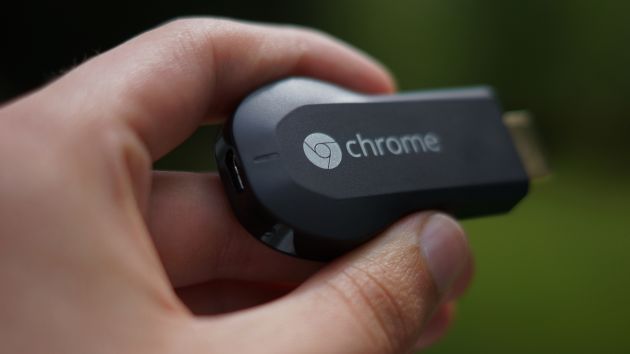
The next decade is going to be awesome. Fasten your seatbelts!
